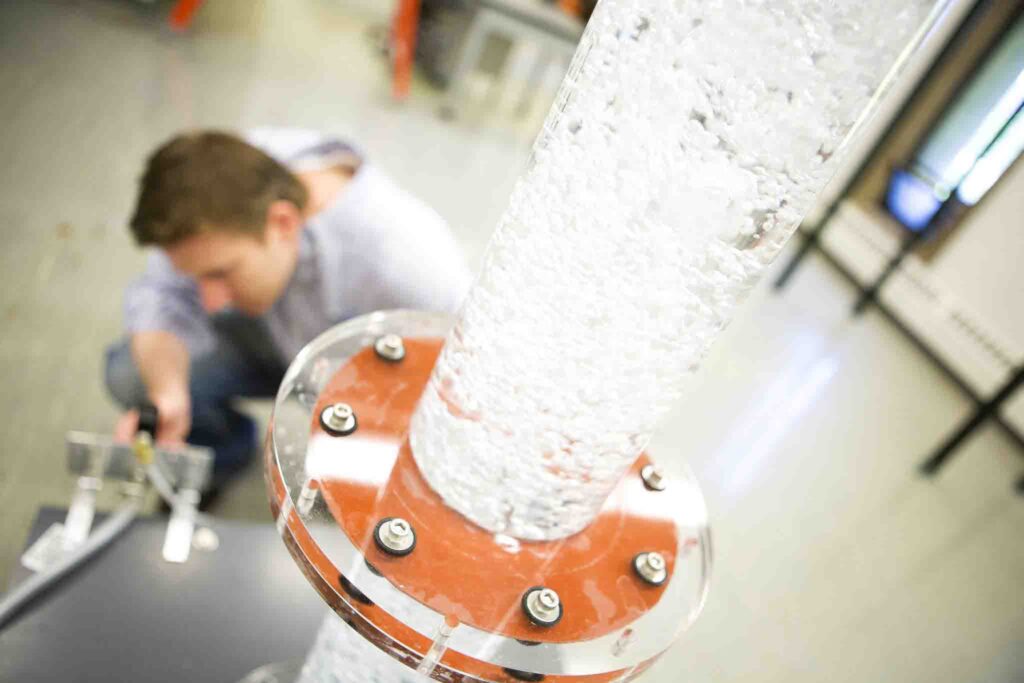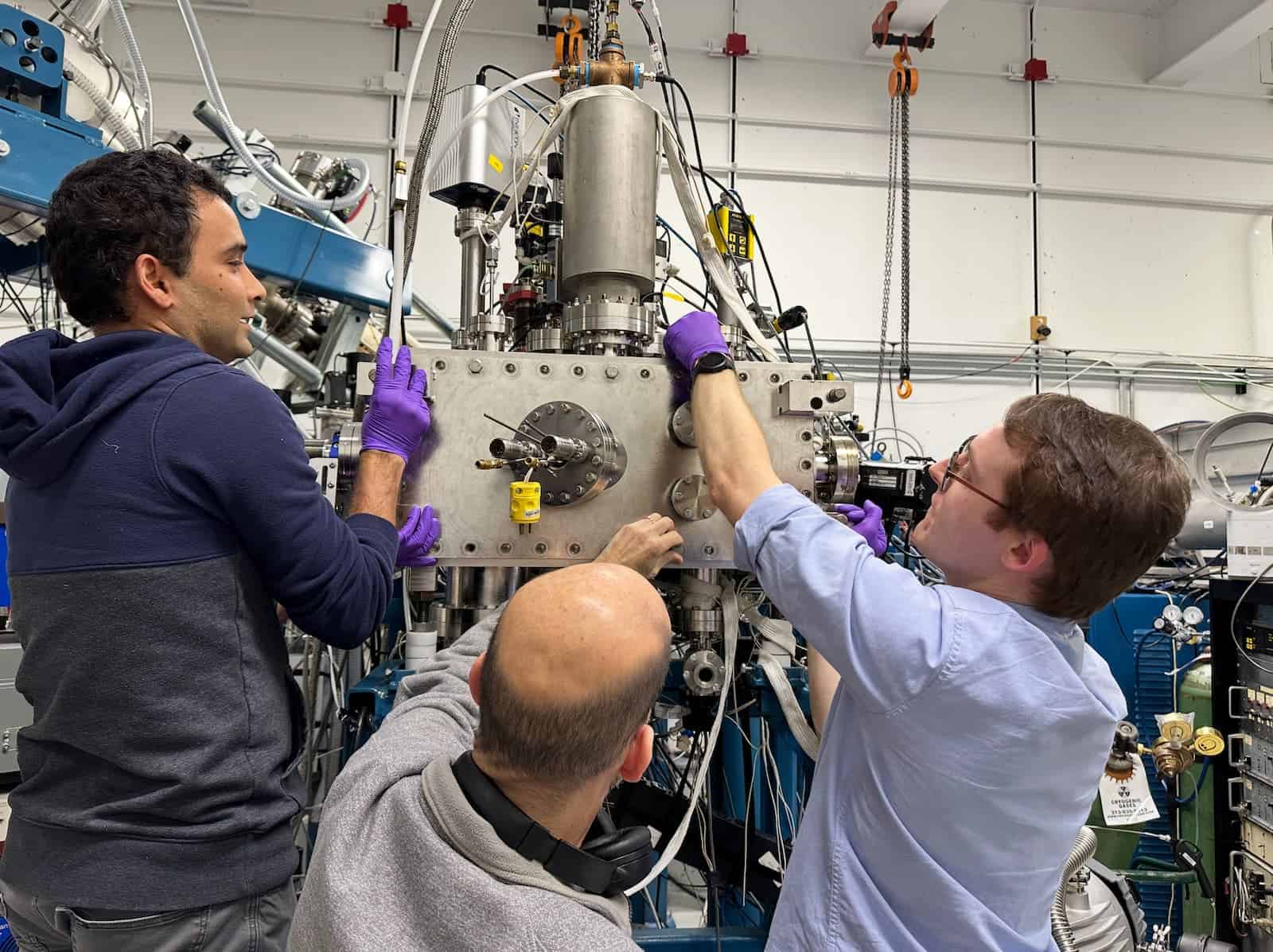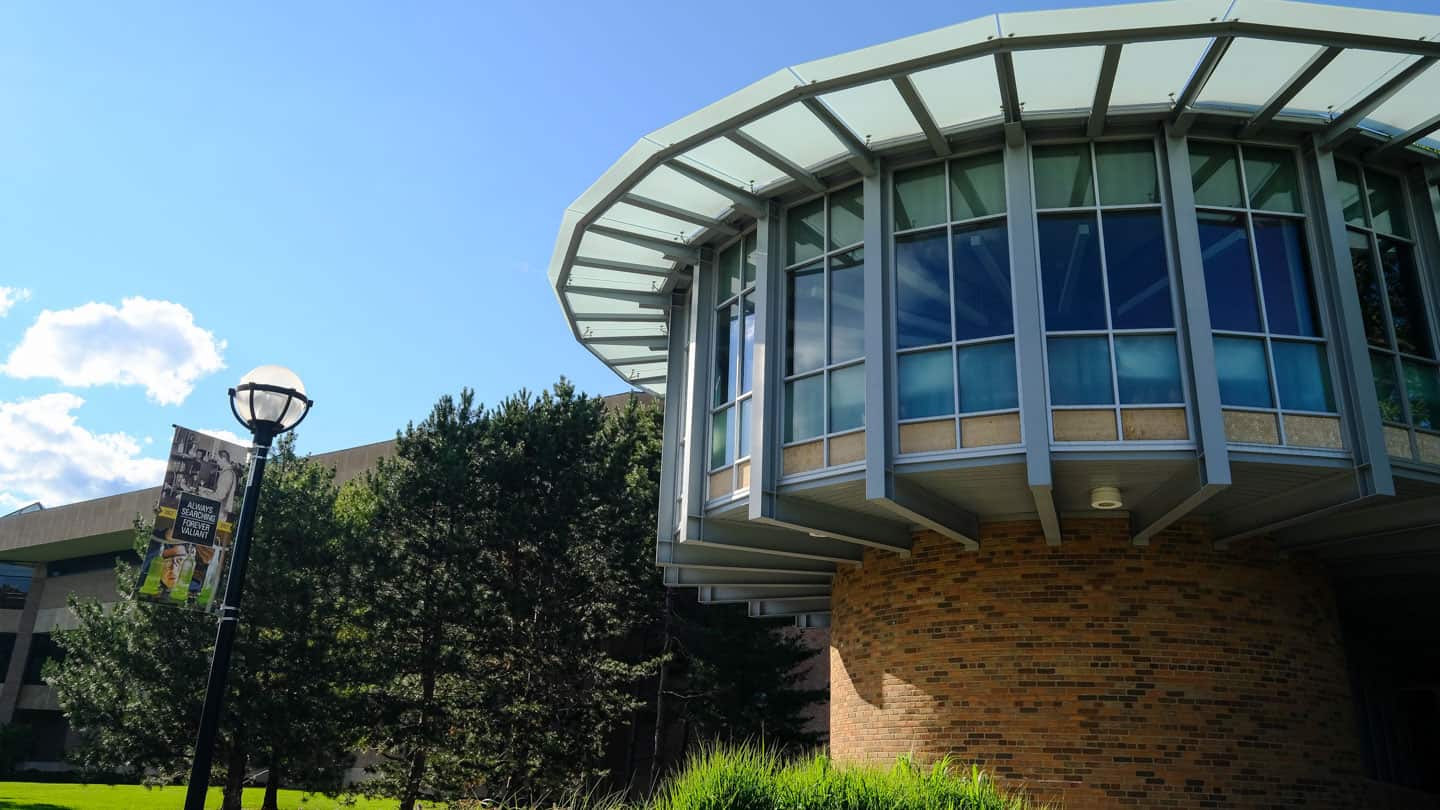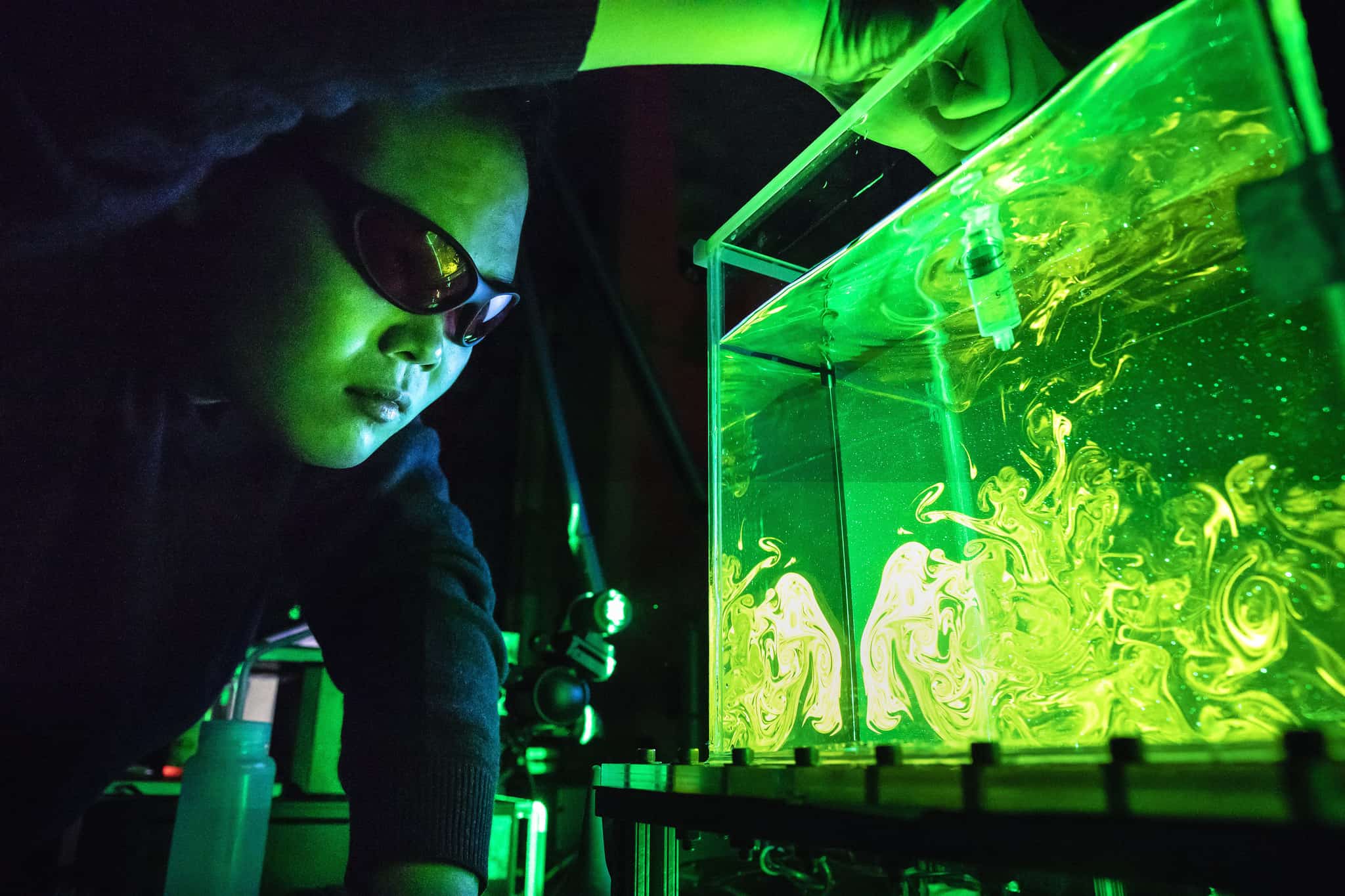
Fission Systems & Radiation Transport
Understanding the way that atomic nuclei split and how radiation moves through materials is crucial to nuclear power and nuclear nonproliferation.
Radiation transport and fission systems engineering encompass the broad scientific fields relevant to the application of fission for energy production and to the study and application of radiation interactions and radiation transport through matter.
Included are the areas of nuclear reactor theory such as neutron transport, thermal hydraulics, fuel cycle analysis, reactor kinetics, diagnostics, control, and optimization. Significant effort is devoted to computational simulations of these processes and to applications of these simulations in overlapping areas such as radiation protection, radiation cancer therapy, radiation-hydrodynamics, kinetic theory, and general computational physics.
Faculty
-
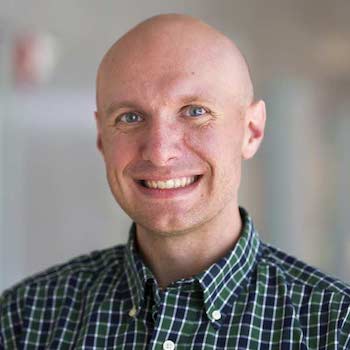
Brian Kiedrowski
-

Brendan Kochunas
-
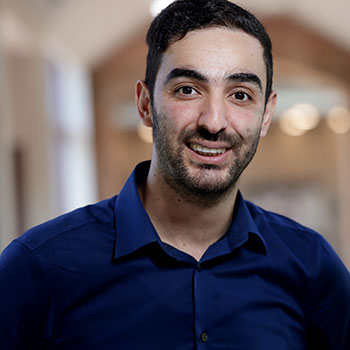
Majdi Radaideh (RAD)
-

Xiaodong Sun
-
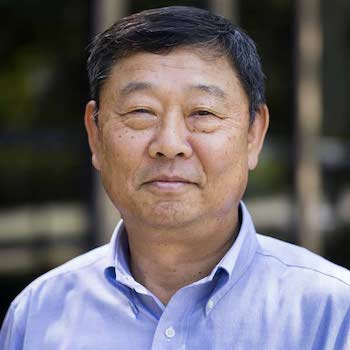
Won Sik Yang
-

Y Z
-

Alex Bielajew
-

Thomas Downar
-
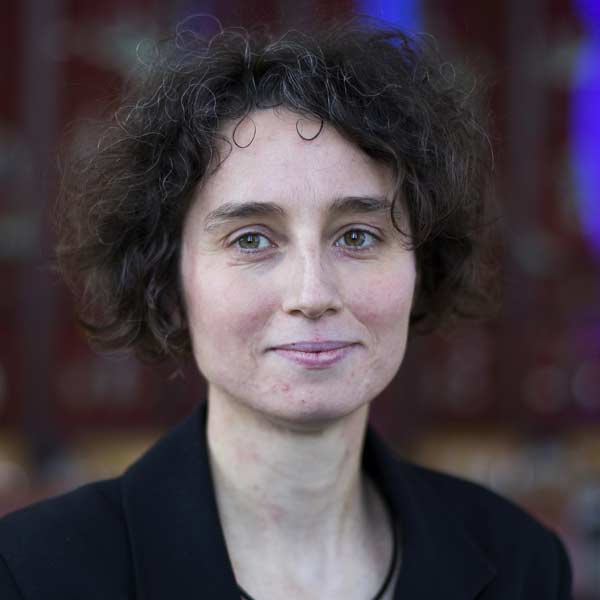
Annalisa Manera
-
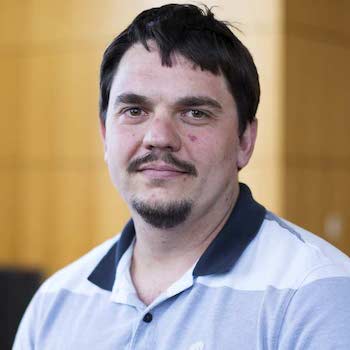
Victor Petrov
-

Adam Burak
-
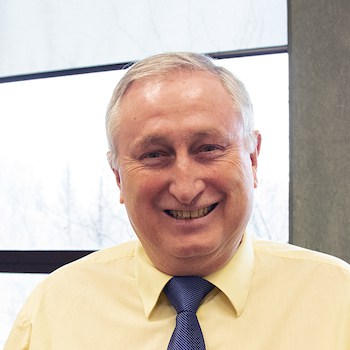
Dale Lancaster
-
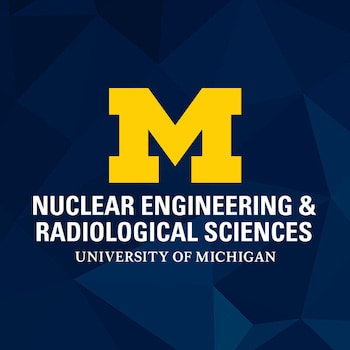
Forrest Brown
-

Imre Pázsit
-
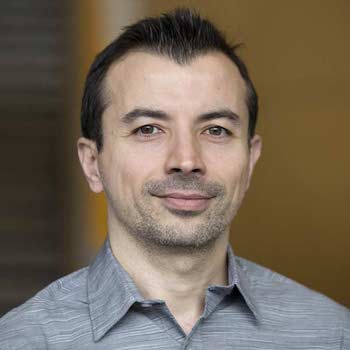
Volkan Seker
-
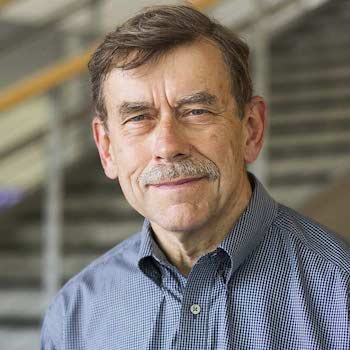
William R. Martin
-

John Lee
-
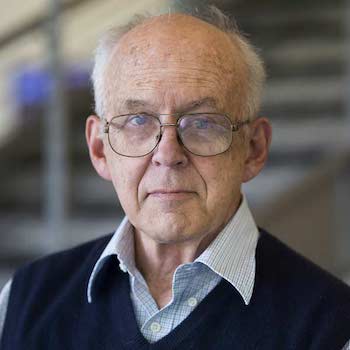
Edward Larsen
-

Piyush Sabharwall
-

Sola Talabi
-

Rui Hu
-

Jonathan Cirtain
Labs & Groups
| Artificial Intelligence and Multiphysics Simulations (AIMS) Laboratory (Prof. Majdi Radaideh, RAD) |
| Experimental and Computational Multiphase Flow Laboratory (Prof. Annalisa Manera) |
| High Resolution TH Imaging Laboratory (Prof. Annalisa Manera) |
| Nuclear Plant Simulation Laboratory (Prof. John Lee and Prof. Brendan Kochunas) |
| Nuclear Reactor Analysis and Methods Group (Prof. Thomas Downar and Prof. Brendan Kochunas) |
| Nuclear Reactor Design and Simulation Laboratory (Prof. Won Sik Yang) |
| Thermal Hydraulics Laboratory (Prof. Xiaodong Sun) |
| University of Michigan Computational Particle Transport Team (Prof. Brian Kiedrowski) |
NEWS
GET INVOLVED
We believe that engaging in research as an undergraduate student is a very important part of the NERS experience, and many of our third- and fourth-year undergraduate students are actively involved and have co-authored papers in scientific journals.
